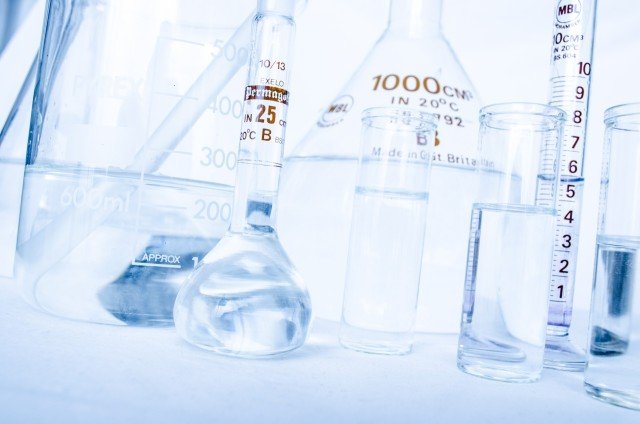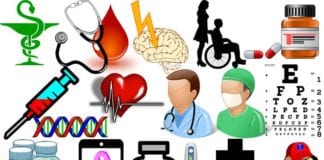
All protocols in biology are divided into categories. Biochemistry, Cell Biology, Molecular Biology, Neuroscience, Histology, Genomics and Plant Biology are namely a few. These protocols explain the nitty-gritty’s of the research conducted. For example, in Embryology, De-Jellying of Frog Eggs is a very crucial protocol. It simply reveals a study on jellies produced by frogs to keep their eggs and developing embryos protected in a thick, jelly coating. Similarly, in order to design antigens and learn about immunization inside out, the protocol of ‘Antibodies – From Design to Assay’ plays a big-league role.
Advantages of Studying Protocols and Methods:
- The study of protocols and methods has shown proven results in bringing an upgradation to the standards of medical research.
- By allowing biologists to scrutinize reports of researches in the past, there is lesser chance of data dredging. Instead, the reader gains complete knowledge of what was initially intended and the ultimate results achieved. Based on the reports, the biologist can work further without dealing with hassles like post-hok revisions.
- A report or draft prepared by associates in the past are always a great reference material for biologists.
- Since research works are always in need of funding, pouring over the datas formulated in previous researches always cut down the overuse of funds by lessening duplication of research reports.
- Finally, protocols are the best way to learn about studies that are underway. It is especially rewarding for biologists volunteering to start with an ongoing research project.
Researchers looking for innovative technologies and cutting-edge techniques find the use of protocols and methods most befitting.
| Biochemistry | Biophysics | Biotechnology |
| Cell Biology | Genetics | Immunology |
| Microbiology | Microscopy Methods | Molecular Biology |
| Photobiology | Phycology | Physiology |
| Plant Physiology | Resources | Virology |
Biological Research Protocol Books
Extensive compilation of biological research protocol books and manuals in the life sciences. Link
Molecular Station
Portal containing links to protocols, news, and bioinformatic tools and resources categorized by DNA, RNA, protein, and proteomics. Link
Protocol Online
Database of research protocols in bioscience. Link
















